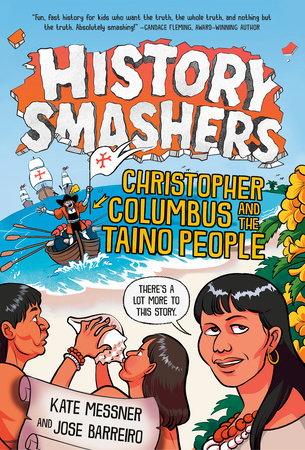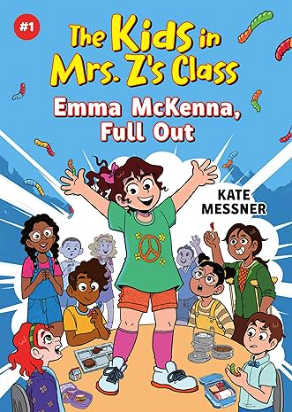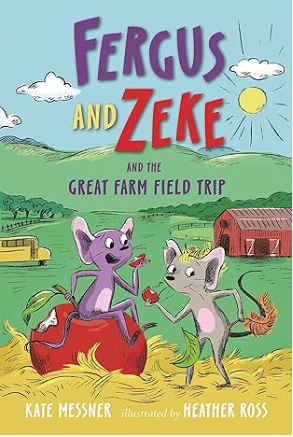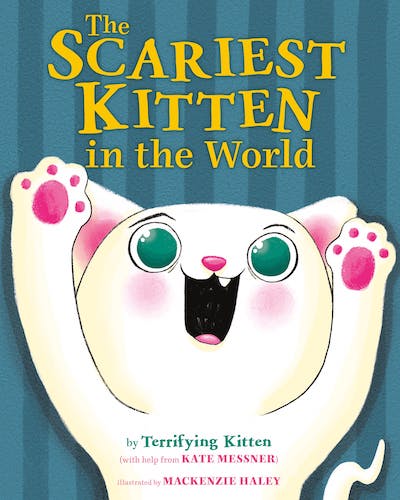Good morning, friends! This week at camp, we’re going to ramp up the fun factor by doing some world building. If you’re a fan of science fiction or fantasy, you already have an appreciation for the amazing worlds created by authors like Dhonielle Clayton, whose MG novel THE MARVELLERS is set at a global magic school in the sky, and Justina Ireland, whose DREAD NATION characters live in an alternative history, in which the dead rose from the battlefields of Gettysburg, changing the United States forever.


But just HOW do authors make these imaginary worlds feel so real and fully developed? The answer is, with a whole lot of world building. This is work that happens largely off the page, where writers craft every detail of the world in which they’re writing. Often, we get a sense for this world – this place we’ll be exploring in the story – in the very opening pages of the book. Anne Ursu is a master of the perfect opening scene. This one grounds us firmly on the continent of Dovia, the world in which her MG fantasy THE TROUBLED GIRLS OF DRAGOMIR ACADEMY takes place.

There were few women pictured in the great tapestries of Illyria — besides the witches, of course. The tapestries depicted moments of heroism, epic battles of good and evil, of powerful sorcerers and brave noblemen protecting the kingdom from the monsters that had threatened it throughout its history.
That is not to say that girls and women did not matter to Illyria: behind every great tapestry was a woman who wove it, just as behind every great sorcerer was a wife to tend to his domestic affairs, a governess to teach his children, a cook to warm his gullet, a maid to keep his fires lit.
And behind every boy who dreamed of being a sorcerer was a mother who raised him to be brave, noble, and kind. And perhaps that boy even had a sister, who, right before the Council for the Magical Protection of Illyria finally visited his humble home to test him for a magical gift, made sure the chicken coop was spotless.
~From THE TROUBLED GIRLS OF DRAGOMIR ACADEMY
From just a few paragraphs, we learn who has the power in this world, who is revered and who is quietly taken for granted, as well as how boys come of age and grow into their power. It’s pretty amazing, right?
In order to write this kind of opening page, a writer must have a firm handle on what their world looks like. And one way to do that is by doing a lot of pre-writing about the world and how it works. That’s what we’re going to play with in this week’s assignment.
1. Think of at least three different worlds you might like to write about someday. These can be science fiction, speculative fiction, or any kind of fantasy. Maybe your story is set in a colony on Mars or on a floating futuristic city set up to rescue the population from rising oceans. Or maybe you’d like to have your own magical school for wizards or dragons or monsters from mythology. Brainstorm a few possibilities and explore what those worlds might look like — both visually and in terms of how things work.
2. On another day, choose one of those worlds to develop more fully. Write a bit in response to each of these questions. (They’re from a world-building worksheet I created for myself while I was working on my futuristic MG novel EYE OF THE STORM!)
What are the non-negotiable rules of this world? Are there any exceptions?
What laws does society impose? What happens to people who break them?
What kind of government is in place? Consider local & national levels as well as international cooperation. How does government impact citizens’ everyday lives?
What official document is in place to define that government? If it is a future version of a current document (i.e.Constitution), how has it changed? What amendments have been added?
What rights do people have? What rights are they denied, and why?
What are this society’s most closely held values?
What social ladders exist? Who has power and why? What are the tangible symbols of that power? Who is at the bottom of this society’s social ladder, and why?
What kind of diversity exists in the population?
What role, if any, does religion play in this society? What are the dominant religions? What religions are marginalized?
What do international/inter-group relations look like? What wars are going on? What countries or groups are fighting, and why? Which ones are allies? Which are enemies?
What’s in the history books? What’s left out?
What climate and weather patterns are prevalent?
What does agriculture look like? Where do people get food?
What foods are considered standard fare? What foods are delicacies, and why?
3. Then, on another day, after you’ve had a chance to ponder all of your writing about this world, do a little writing to see what kind of story might emerge.
What current issue/problem is at the heart of this imagined world? From what spark of our modern reality was this world born?
How could the setting of this story impact the main character?And finally (this is the question from which your story tension will emerge) What rules or laws could your main character in this world choose to break or challenge? Why? What are the consequences?
Spend a bit of time playing around with these ideas, and you’ll have developed a solid story concept or two!
This week’s writing tip is worth thinking about both when you’re drafting and when you’re revising. It comes from the amazing Tracey Baptiste, author of THE JUMBIES series (check these out for great world-building, too!) and the historical NF picture book, BECAUSE CLAUDETTE.
Tracey says: Stories move forward when actions are connected: “because of x, y happens.” But we teach kids that they should NOT start sentences with “because.” In the case of BC, deliberately using “because” repetitively helps the reader understand that all of the events were a chain reaction. Exercise: write an outline using “because.” Because of a, b happened, because of b, c…” etc.
That’s all for this week, but don’t forget to check in on Jen’s blog this Friday if you’d like to report on your progress and connect with other campers.
Happy writing, and I’ll see you next week!
All best,
Kate
One more note… Teachers Write has always been, and will always be, free, but I do have a favor to ask. If you’re taking part this summer and you’re able to, please order some of my books from your local bookstore – or you can order signed copies from mine, The Bookstore Plus in Lake Placid, NY. Thanks!




